Welcome Collection brings us Genetic Automata, a major exhibition of collaborative video works by artists Larry Achiampong and David Blandy, exploring race and identity in an age of avatars, video games and ancestry DNA.
British Ghanaian artist Larry Achiampong uses film, still imagery, aural and visual archives, live performances, objects and sound to explore ideas surrounding class, gender, cross-cultural and digital identity. With works that examine his communal and personal heritage, Achiampong explores ‘the self’ through the activity of splicing the audible and visual materials of personal and interpersonal archives, offering multiple perspectives that reveal the deeply entrenched inequalities in contemporary society.
David Blandy’s work slips between performance and video, digital and analogue, investigating the stories and cultural forces that inform and influence our lives. Collaboration is central to his practice, examining communal and personal heritage and interdependence.
Having been friends for a long time, Blandy and Achiampong share a strong interest in popular culture and the postcolonial condition. Genetic Automata is the third series they have developed together. Their presentation at Wellcome Collection is their first museum exhibition as a duo.
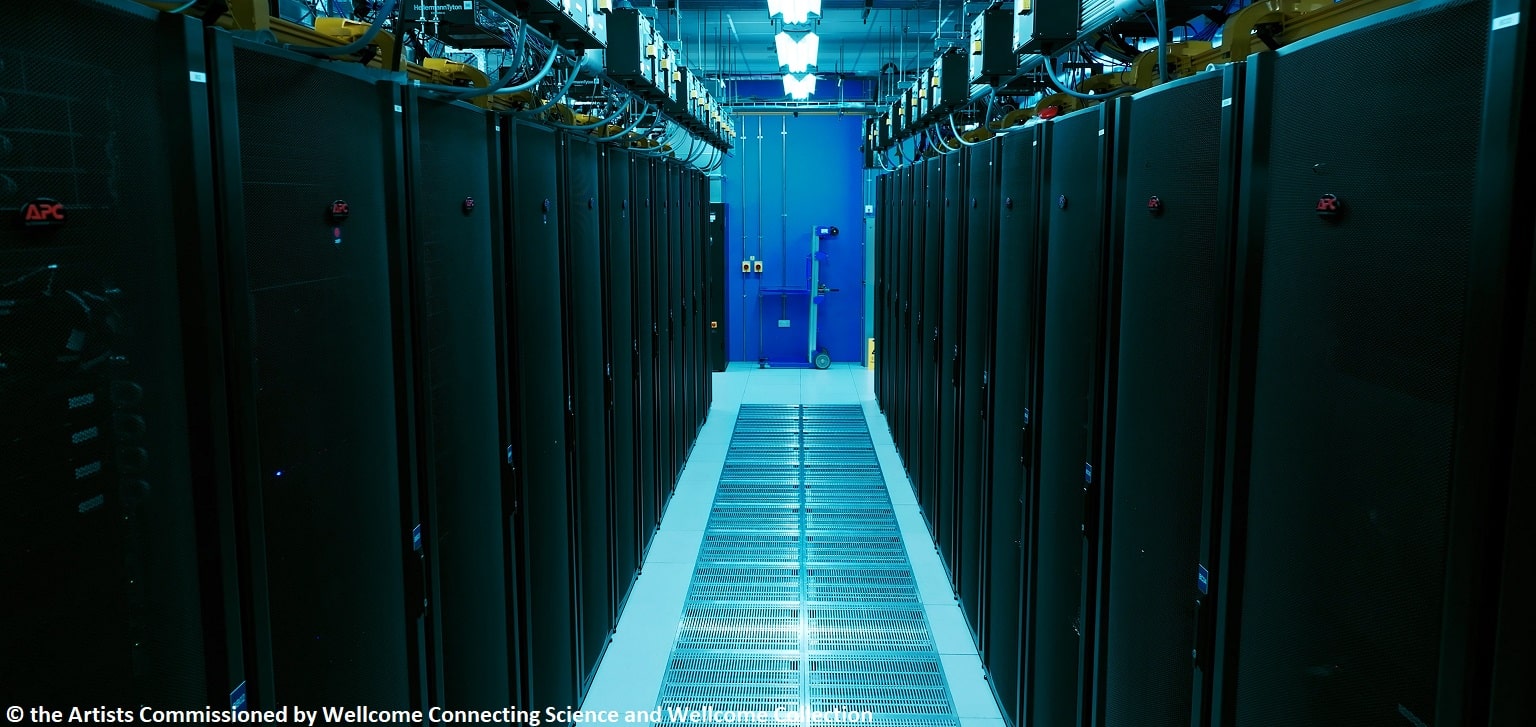
_GOD_MODE_, by Larry Achiampong & David Blandy, 2021
The exhibition presents a series of four films exploring scientific racism – the false belief that there are innate differences and abilities between races. It will reflect on where deeply ingrained ideas about race come from and the role that science has played in shaping these perceptions. The series highlights how scientific racism is reproduced in contemporary society, from education to healthcare, science, politics and more.
Genetic Automata gives visitors for the first time to view the four video installations together, unpacking the relationship between science and race injustice through the artists’ lens. It premieres the latest work of the series _GOD_MODE_(2023), a co-commission between Wellcome Collection, Black Cultural Archives (BCA), and Wellcome Connecting Science. Each film employs a spoken word soundtrack and includes imagery drawn from contemporary video games, in particular those with dystopian sci-fi plots that feature the misuse of genetic material.

Installation view of A Terrible Fiction, at Arts Catalyst, London, Larry Achiampong & David Blandy, 2019. Commissioned by Arts Catalyst.
The series begins with A Terrible Fiction (2019), which addresses the complex history of classification, categorisation and segregation. It references the history of the theory of evolution and highlights the figure of John Edmonstone, a formerly enslaved Black man living in Edinburgh who taught Charles Darwin taxidermy – but whose contribution to science remains largely unacknowledged.
The second film, A Lament for Power (2020), investigates how science can be used to understand the world alongside its potential for commercial and political exploitation. It centres on Henrietta Lacks, a Black American woman, whose cells were taken without her knowledge and have been used to make world-changing discoveries such as mapping the human genome and the Polio and Covid-19 vaccines. The film references Resident Evil 5, a controversial videogame centred on a bio-terrorist plot in West Africa. The game has been criticised for its portrayal of Black people as zombies designed to be killed repeatedly. The work questions whose voices are erased from society’s narratives, and in doing so, whose interests are served.

Still from A Lament for Power, Larry Achiampong & David Blandy, 2020.
The third installation, Dust to Data (2021), examines the colonial history of archaeology and contemporary parallels in the data mining of DNA and social media image banks. It cites a letter from American sociologist and civil rights activist W.E.B Du Bois in 1912 to Flinders Petrie, a British Egyptologist and one of the originators of modern archaeology. Petrie believed there was a direct correlation between skull size, race and intelligence and used archaeology to justify colonialism. The film mixes CGI, videogame techniques and footage shot in the archaeology collection of the University of Liverpool to lay out the complex history of this discipline in establishing narratives of ‘self’ and ‘other’.

Still from Dust to Data, Larry Achiampong & David Blandy, 2021.
The new commission _GOD_MODE_(2023) is a reflection on the legacy of Francis Galton, the notable Victorian scientist who established eugenics as a scientific discipline at UCL (University College London) in 1904. The film considers the roots and implications of scientific racism, exploring how traces of eugenic practices have left their mark across society today, from education to medicine and politics, whilst presenting hopes for an alternative future.
In _GOD_MODE_, Blandy and Achiampong present the history of eugenics and explore its present-day legacy in philosophical, poetic and polemic terms. Filmed in two halves, the first is voiced by Blandy, who is white and middle class, born in London, of English heritage. He alludes to intelligence tests, racist and sexist discrimination, and the systemic use of sterilisation across the world, all under the guise of objective science. His poignant testimony is layered upon footage from UCL’s Science Collections and features some of the instruments Galton used to measure and categorise people, a selection of which are displayed alongside the film.
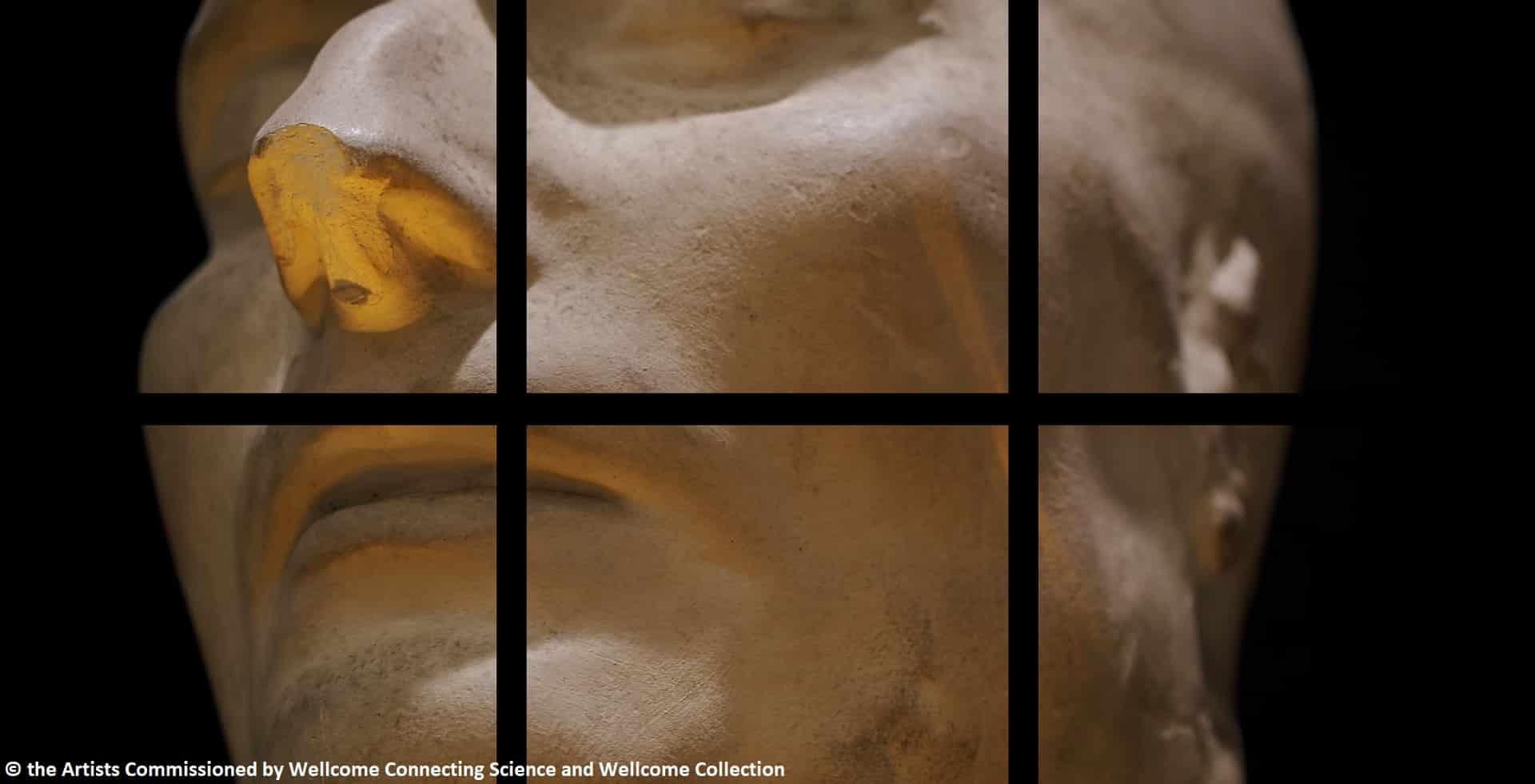
_GOD_MODE_, Larry Achiampong & David Blandy, 2023
In the second half of the film, Achiampong, who is Black and working class, born in London of Ghanaian heritage and living in Essex, delivers a lyrical yet powerful account that questions the limits of empathy in the struggle against injustice, suggesting that what is needed is not simply solidarity but real change, which would necessitate the demolition of generations of privilege. This part of the film visually invites the viewers into an immersive videogame environment following a large spider as it travels different landscapes – a reference to the West African folklore legend of Anansi, a shape-shifting demi-god, who changes form to achieve their aims.
Created using Unreal engine, a 3D computer graphics engine commonly used to create videogames, and part of Blandy and Achiampong’s artistic practice, _GOD_MODE_contains multiple references to videogames, including its title which is a cheat code that makes a player invincible and, in this work, alludes to the idea of playing God and the myth of genetic superiority.
Genetic Automata, at Wellcome Collection, runs from 8th June 2023 to 11th February 2024.
Admission is free.
Tuesday to Sunday 10.00 to 18.00, Thursdays from 10.00 to 20.00, closed Mondays.
Wellcome Collection, 183 Euston Road, NW1 2BE
www.wellcomecollection.org
www.larryachiampong.co.uk /www.davidblandy.co.uk
Words: Julia Pasarón
Opening picture: David Blandy and Larry Achiampong. Photo © David Sandison. Courtesy of Wellcome Collection.








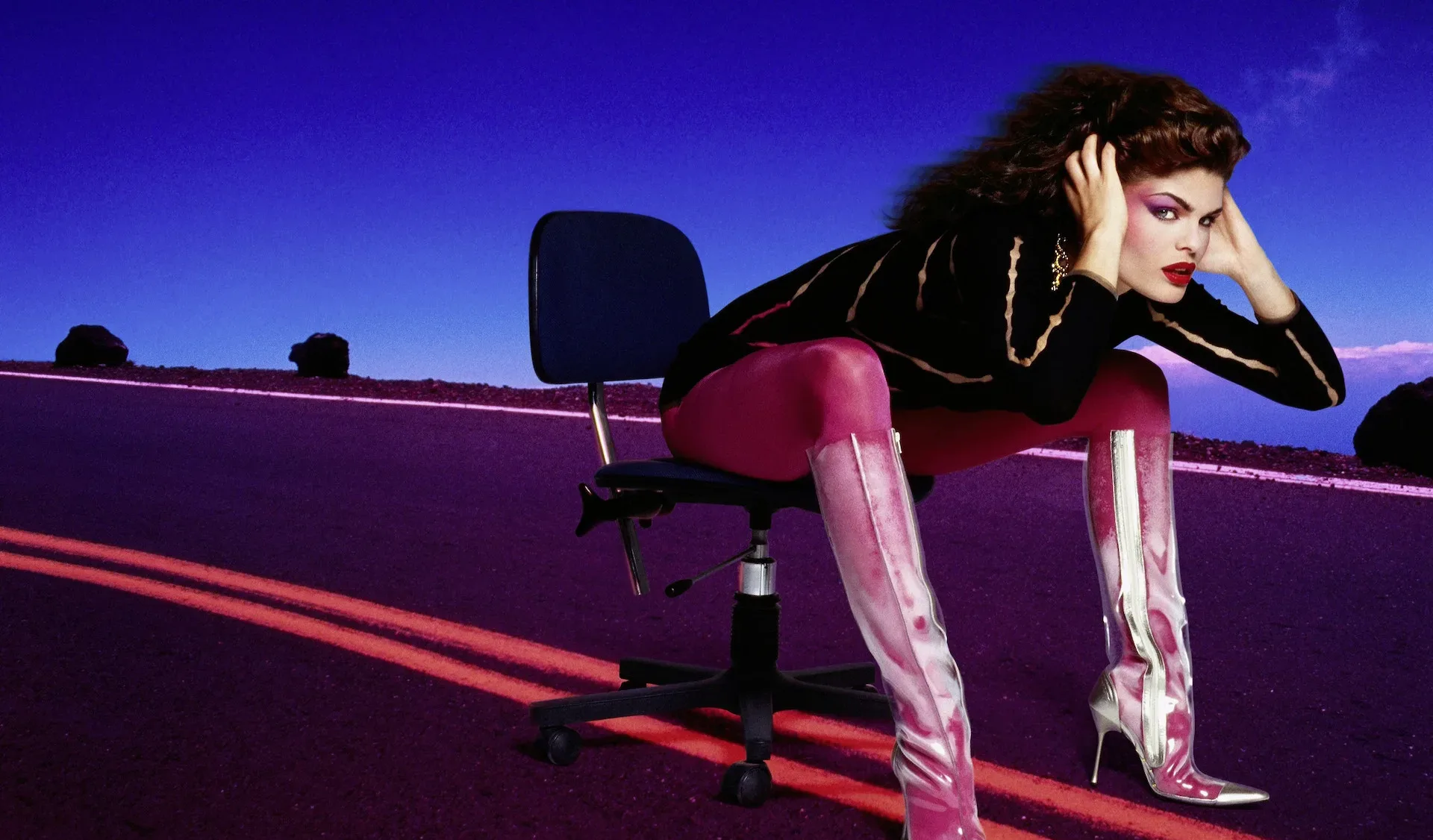
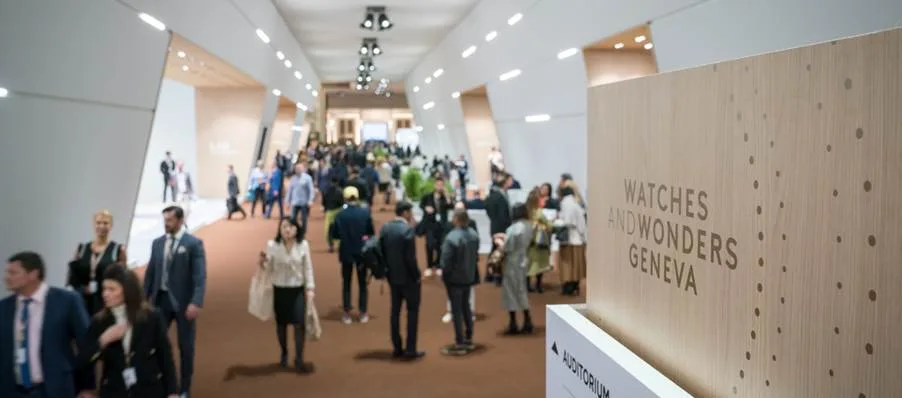
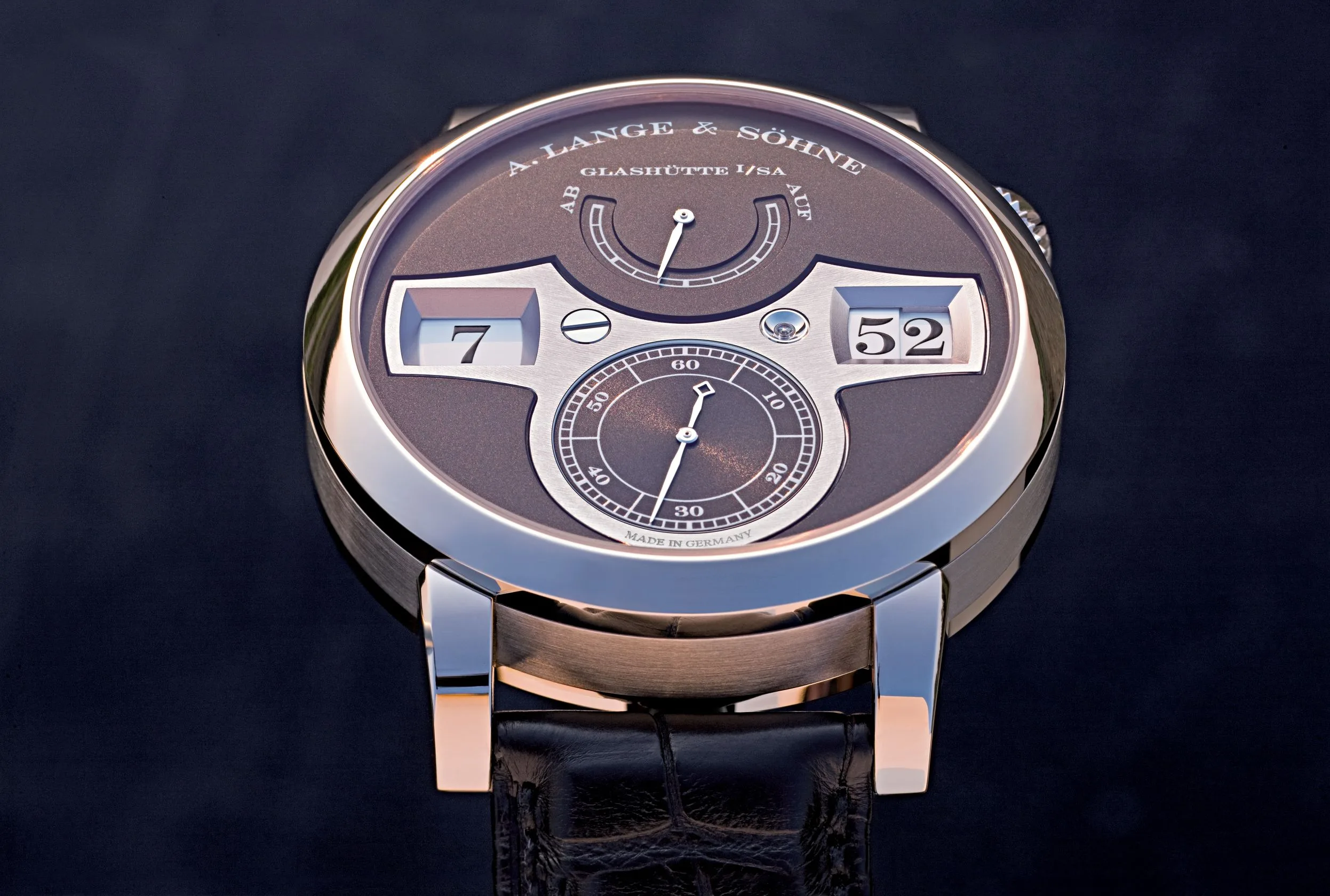
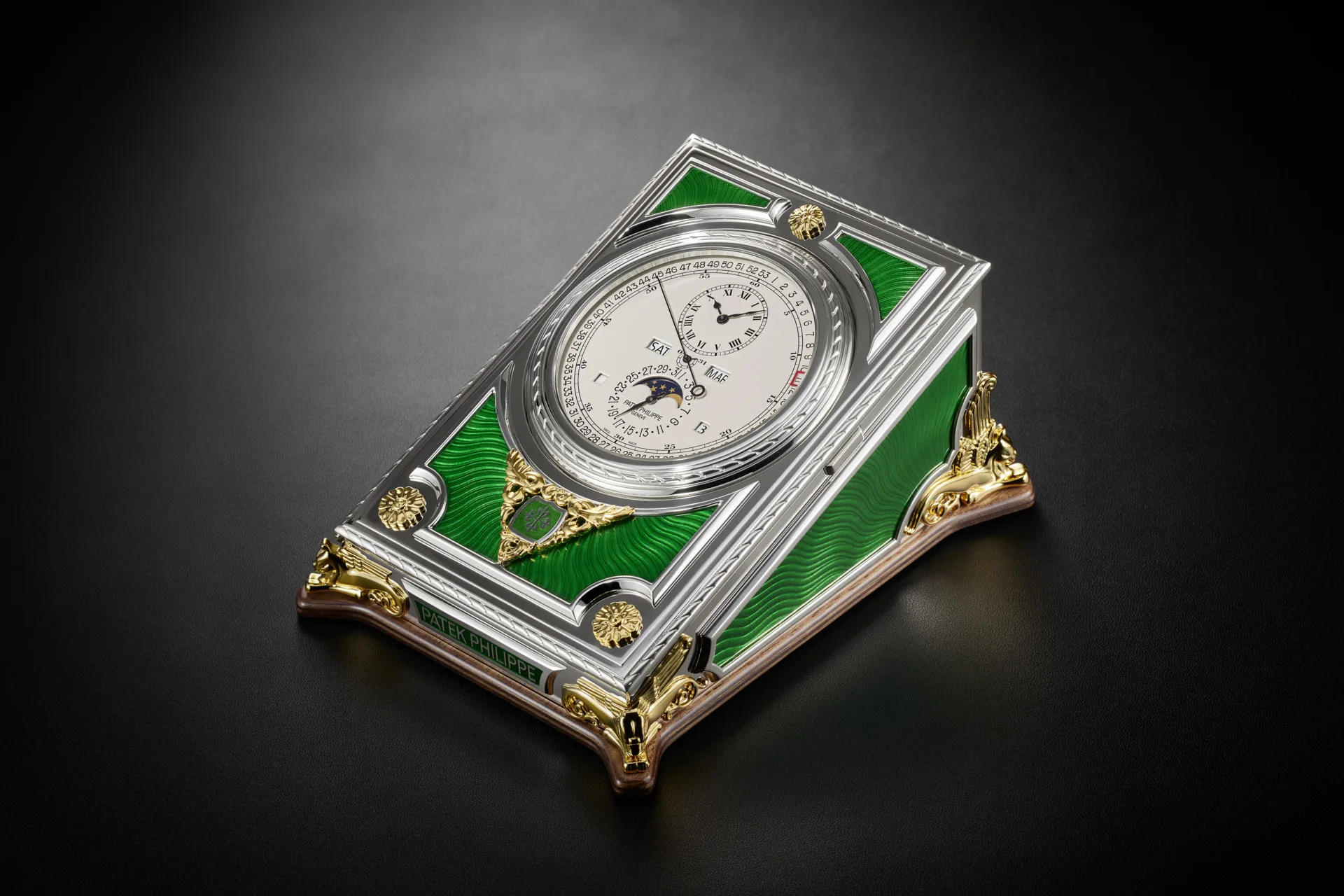





Show Comments +